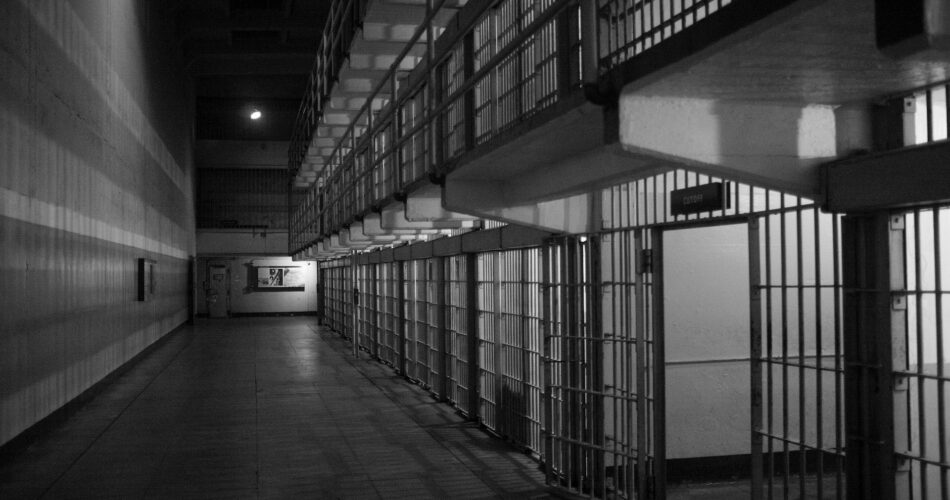He will not confess to something he didn’t do.
Hao Ming, a key figure in the Deyang Qingcaodi Reformed Church, faced imprisonment on charges of “fraud” stemming from his church’s refusal to align with China’s state-controlled Protestant church network. Despite pressure from Chinese Communist Party authorities, who offered his release in exchange for admitting guilt, Hao Ming remained steadfast, refusing to comply.
The situation unfolded in November 2021 when Hao Ming and another elder, Wu Jiannan, were detained along with fellow church members. While others were released, the elders faced criminal charges related to fraud. Subsequently, their families received arrest notices alleging fraud, leading to a trial in December 2022 at the Jinyang District Court in Deyang City, focused on approximately 560,000 yuan ($79,150) in allegations.
Following legal efforts and advocacy, the case underwent review by the Sichuan Provincial High Court. This resulted in a reduction of the charged amount to 100,130 yuan ($14,152) in August 2023, potentially lowering the expected punishment from over 10 years to a minimum of three years.
Despite authorities proposing his release in exchange for cooperation, Hao Ming stood firm, considering this a test of his faith. He chose not to compromise his beliefs or loyalty to God, despite experiencing loneliness and yearning for freedom.
Deprived of access to religious texts and fellow believers, Hao Ming found solace in privately reciting the Apostle’s Creed every Sunday, firmly believing in the insignificance of his earthly time compared to eternity.
This struggle reflects a broader issue highlighted by China Aid, where accusations of “fraud” against house church leaders, particularly concerning tithing and offerings, serve as a pretext for religious persecution. Bob Fu, a leader at ChinaAid, stressed that such charges often mask severe persecution endured by Christians.
China’s stringent policies toward “foreign” religions, alongside President Xi Jinping’s push for the “Sinicization of Christianity,” have led to intensified crackdowns on house churches. These communities operate independently of state-sanctioned churches, seeking to practice their faith with less government oversight. However, heightened persecution against these congregations underscores the challenges faced by religious minorities in China, prompting the country’s placement on Open Doors’ list of the most challenging places for Christians to practice their faith.
